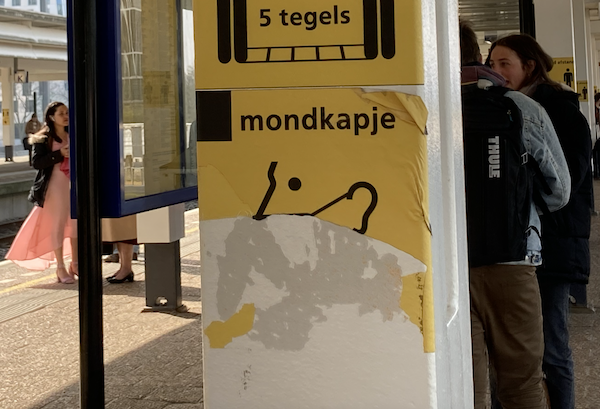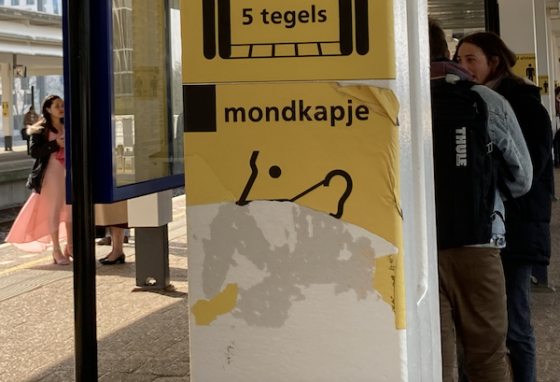Minister won’t guarantee no lockdowns if new coronavirus variant hits


Dutch health minister Ernst Kuipers has said he cannot guarantee that a new lockdown will not be imposed in the Netherlands because of the risk that a new, more infectious and problematic variant of coronavirus will hit.
Kuipers made the comments during a debate on the government’s plans to deal coronavirus in the long term.
The government said earlier this week that sector-specific ‘rules ladders’ could play a key role in slowing the spread of the disease without the government having to impose restrictions such as closing schools, bars and restaurants.
Kuipers acknowledged in a parliamentary briefing on Monday that there was a ‘very real’ risk of millions of people becoming infected during the autumn, but the government aimed to keep closures to a minimum.
Instead, organisations in sectors such as education, retail and the travel industry should agree when to introduce measures such as social distancing, one-way systems and screens to reduce infection.
Vaccinations
The minister also told MPs on Thursday that he is not concerned about regional health board capacity to carry out a new round of vaccinations, saying three million people can be jabbed within six weeks.
However, the number of people having boosters and top up vaccine doses is cause for concern, Kuipers said.
Just 64% of adults have had a booster and even fewer of those who are eligible for a fourth dose have had one.
Intensive care
On Thursday, Kuipers also rejected MPs’ calls for a boost in capacity in intensive care wards, saying the current number of beds is sufficient. The Netherlands has 993 IC beds, of which 686 are currently occupied, including 24 by coronavirus patients, he told MPs.
If necessary, the number of beds can be scaled up to 1,700 but no more because of the shortage of trained staff and the impact on other hospital services, the minister said.
New wave
There are increasing concerns that a new coronavirus wave is on its way. The number of positive coronavirus tests registered with public health institute RIVM rose 64% over the seven days to Tuesday morning to 15,526.
The rise in official positive tests is probably connected to two new Omicron variants which are ‘gaining ground’ in the Netherlands, the RIVM said. The RIVM is monitoring the spread of the virus via traces in waste water, and that total is also rising steadily.
Since March, people who have a positive self-test are no longer required to have it confirmed by their regional health board. Even so, the number of people requesting the free PCR tests is going up. Regional health boards carried out over 18,000 tests in the week to Tuesday morning, the highest figure in two months.
Thank you for donating to DutchNews.nl.
We could not provide the Dutch News service, and keep it free of charge, without the generous support of our readers. Your donations allow us to report on issues you tell us matter, and provide you with a summary of the most important Dutch news each day.
Make a donation